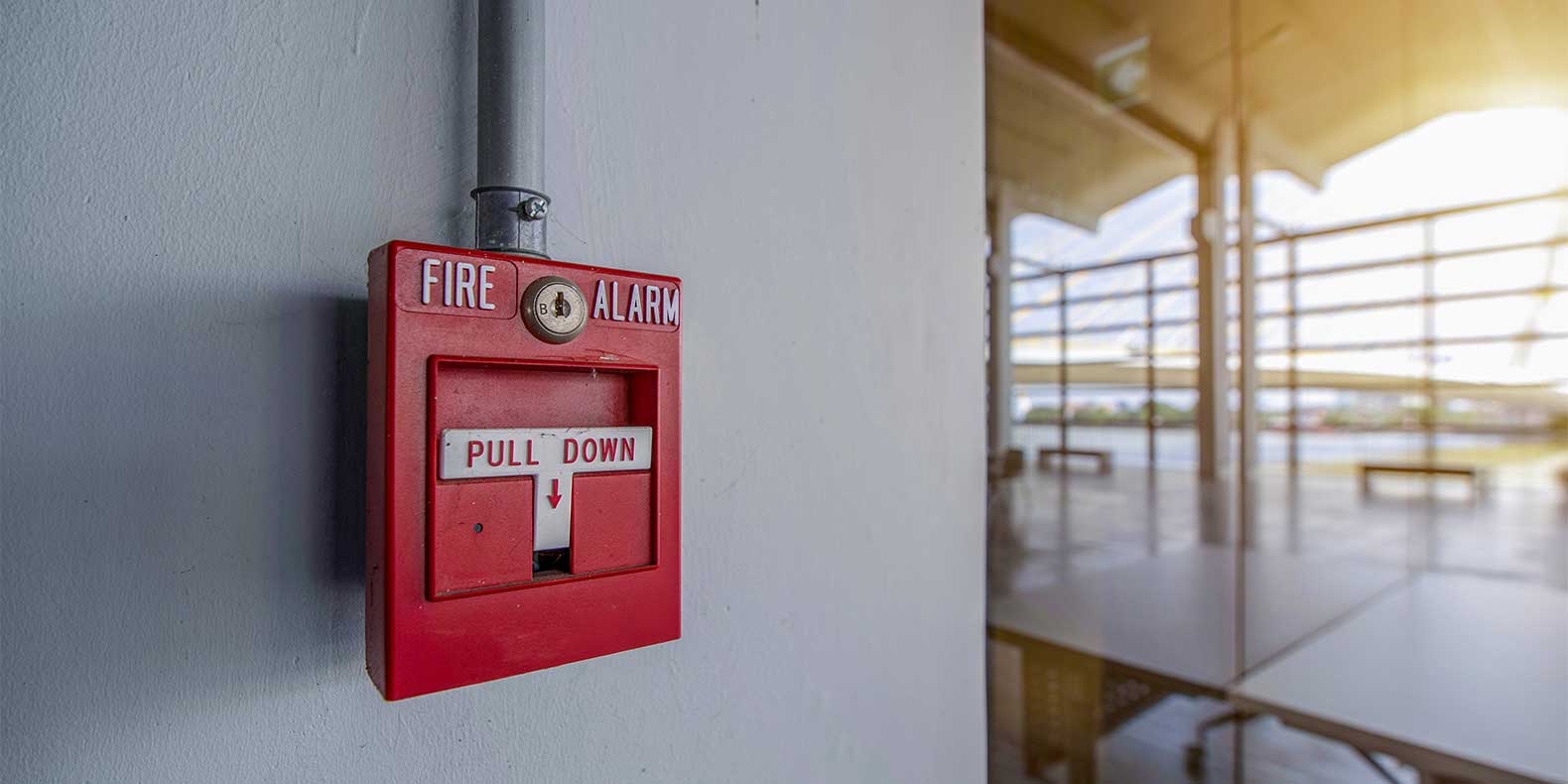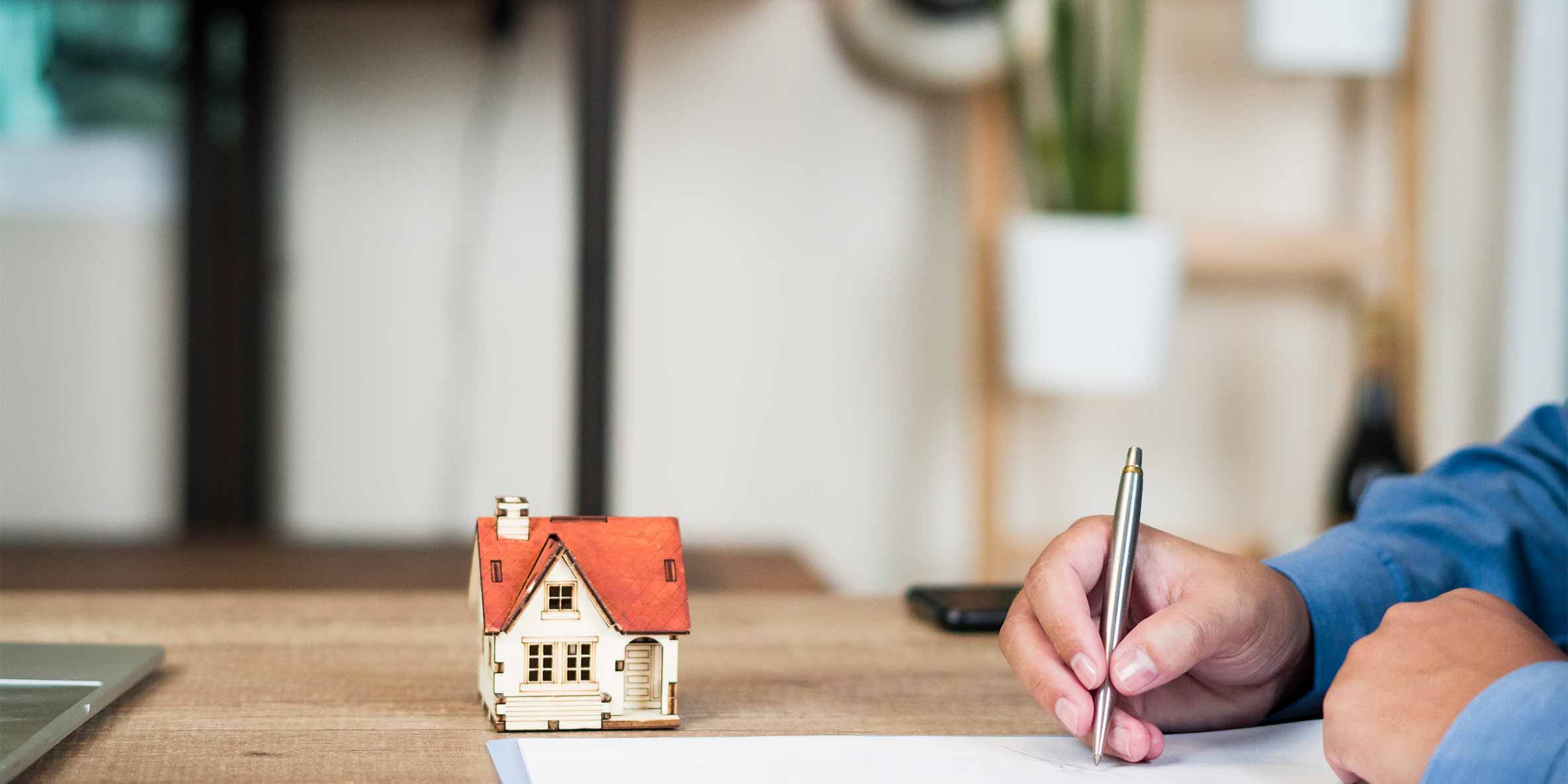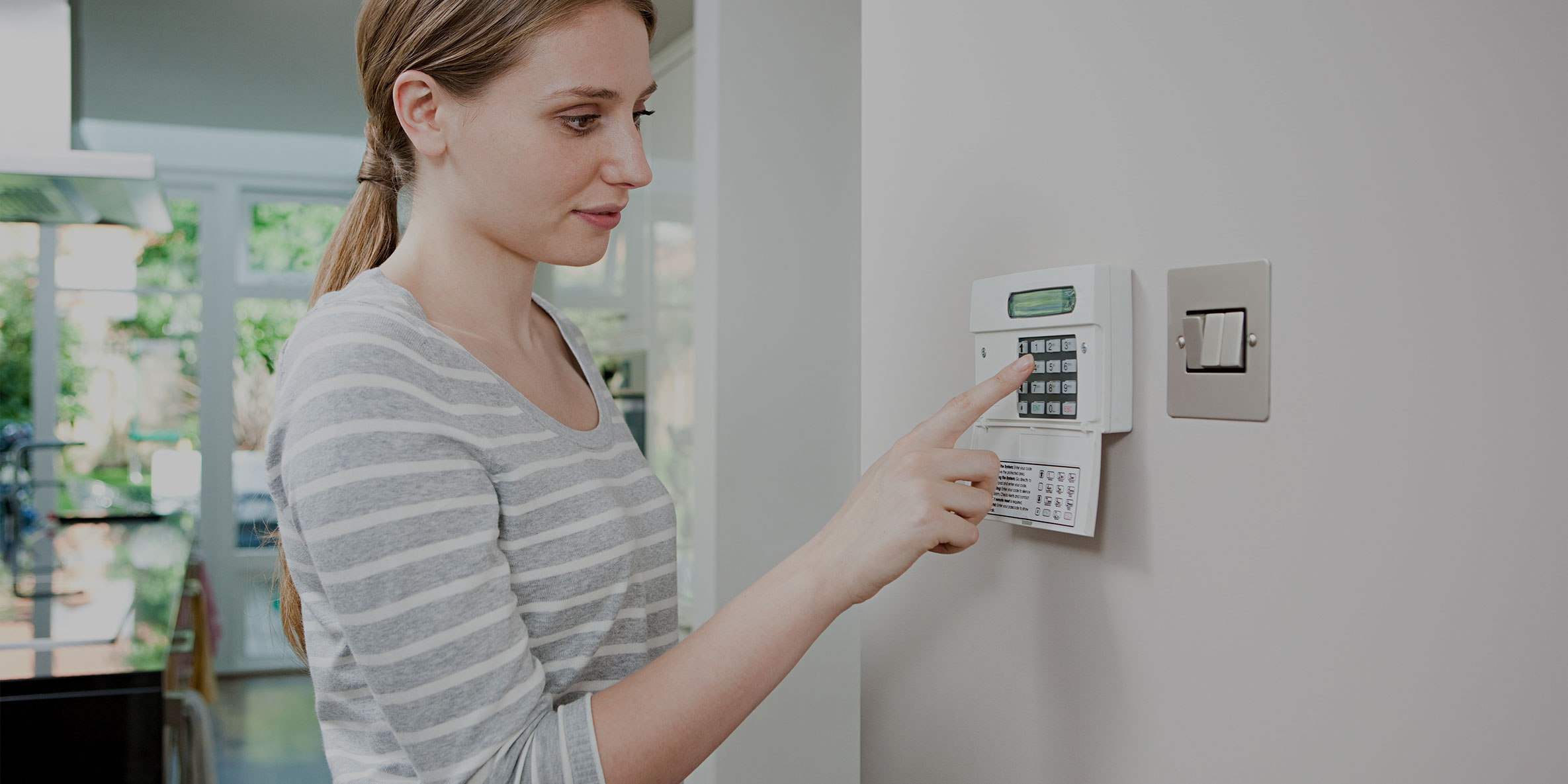Take the following home security tips into consideration as you prepare for your departure.
1. Secure Plumbing and Water Lines
Shut off the main water valve to prevent flooding. Before doing so, check whether it feeds into your sprinkler or irrigation system. If it does, have a bypass valve installed. Any local plumber will be able to assist.
Drain the toilets. When water sits still in toilets for extended periods of time, it can leave rings and other unsightly watermarks that can be difficult to remove. To drain:
- Shut off the valve on the supply line. This is typically found on the wall behind the toilet, close to the base of the bowl.
- Hold the trip lever until the water has drained from the tank and bowl. Note: There may be a small about of water still pooling at the bottom—this is fine.
Turn off the boiler. Whether your water heater is gas or electric, it is a good idea to turn off the boiler. For electric heaters, there will be an electrical panel to switch off. For gas heaters, you’ll need to turn a valve to cut the supply. Note: Only do this for an extended absence.
Install water leak sensors. Flooding damage can cost thousands of dollars in reparations. How will you know if something has gone awry? Install water leak sensors to receive notifications of rising water. This will provide you the opportunity to contact someone locally to check on the home and take care of the situation.
2. Disconnect Electric Appliances
Disconnect appliances, large or small, to prevent short-circuiting and power surges, which can cause damage to your home. Use a surge protector on anything you do not feel comfortable unplugging.
Access the breaker panel, and turn off select circuits to reduce the likelihood of an electrical fire. Leave on breakers that feed lines to your security and heating systems, outdoor lighting and front-hall lights to allow the home to look lived in while away.
3. Make a Plan for Heating and Cooling
Consider your heating/cooling systems. If your extended absences spans over the winter, it is important to maintain a minimum temperature of 50 degrees. This will prevent pipes from freezing and potentially bursting.
Consider a remote access system that allows you to adjust temperature, and control appliances and lights from afar.
For more on how to lock up your home for a trip, see our post, 3 Home Security Tips for Travelers.



